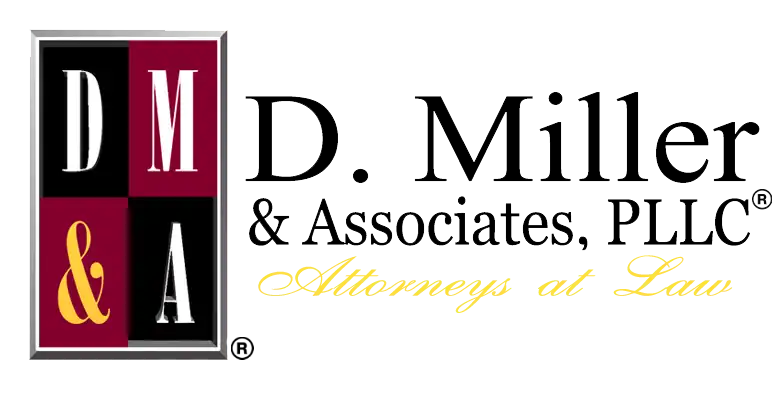Epic Games, the creator of Fortnite, is facing legal action involving product liability and personal injury claims, alleging that the game is deliberately designed to be addictive, particularly for children and teens. A growing number of plaintiffs argue that Fortnite‘s social opportunities, microtransactions, and reward loops create compulsive gaming behaviors, resulting in adverse social, financial, and mental health consequences, with some lawsuits seeking to hold Epic Games accountable for failing to implement proper safeguards against gaming addiction.
If you or your child has experienced harmful effects due to Fortnite addiction, contact a video game addiction lawyer at D. Miller & Associates, PLLC, for a free consultation to determine your eligibility to file a Fortnite addiction lawsuit and seek compensation. Let us put our extensive resources to work for you and your family.
Is Fortnite Addictive?
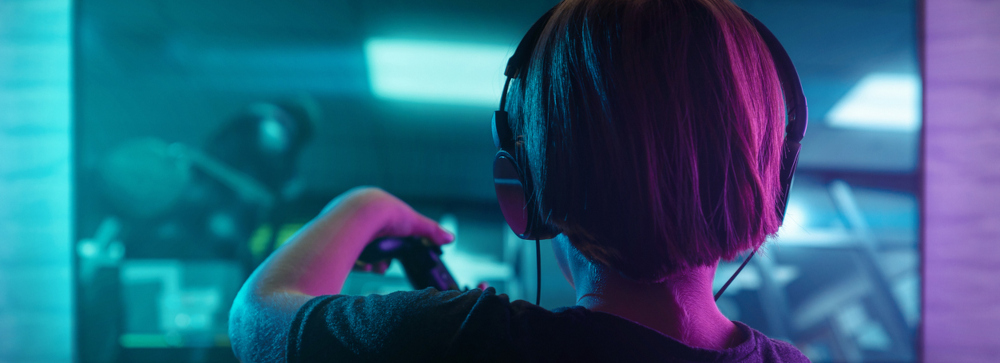
Fortnite offers multiple game modes, each with its own appeal. In Battle Royale, players compete to be the last one standing, creating a high-stakes atmosphere. The introduction of Zero Build mode for a more combat-focused experience attracts players seeking a different form of challenge. In Save the World mode, cooperative missions and resource collection systems further encourage extended play as gamers work together to advance through levels.
Players can use V-Bucks, the in-game currency, to purchase items like skins and emotes. While these items don’t impact gameplay performance, they can foster a sense of attachment and encourage continued spending, especially among younger players. This has raised concerns about promoting compulsive spending behaviors.
The game’s appeal is further amplified by constant updates, new challenges, and live events introducing fresh content and limited-time rewards. These changes keep players engaged, creating a cycle of regular play to avoid missing out on exclusive items or experiences.
How Fortnite’s Design Encourages Compulsive Gaming

Potentially addictive features include:
- Battle Pass System – Battle Pass systems in Fortnite are designed to encourage continuous engagement by offering limited-time rewards, seasonal content, and daily challenges. This structure motivates players to log in regularly and play consistently to unlock exclusive items before they become unavailable.
- Reward Loops and Microtransactions – Fortnite incorporates randomized rewards, loot boxes, and in-game purchases, which can trigger dopamine release in the brain, reinforcing continued play. The unpredictability of these rewards creates a sense of excitement and anticipation, similar to gambling, leading to habitual engagement as players seek to replicate the pleasure-inducing effects of dopamine.
- Social Competition – Multiplayer modes and in-game communication create a fear of missing out (FOMO), pushing players to keep playing to stay competitive or participate in group activities.
Overall, the game’s design elements contribute to prolonged gameplay and increased spending, with legal claims asserting that developers deliberately structured the game to appeal to younger players. These allegations suggest that the game exploits children’s difficulty with self-control and impulsivity, making them more prone to excessive play with high amounts of in-game purchases.
Common Symptoms of Addiction

Many parents report that their children display signs of addiction when playing Fortnite.
Common psychological symptoms include:
- Excessive Playtime – Spending prolonged hours playing Fortnite, often at the expense of school, work, or social activities.
- Loss of Interest in Other Activities – Reduced interest in hobbies, sports, or socializing in favor of gaming.
- Difficulty Controlling Gameplay – Struggling to limit time spent on the game, even when attempting to cut back.
- Irritability or Mood Swings – Becoming angry, anxious, or depressed when unable to play.
- Neglecting Responsibilities – Ignoring homework, chores, or job duties due to gaming.
- Disrupted Sleep Patterns – Staying up late or skipping sleep to continue playing.
- Financial Issues from In-Game Purchases – Excessive spending on V-Bucks for skins, emotes, or other digital content.
- Social Withdrawal – Preferring online interactions over in-person relationships, leading to isolation.
- Physical Health Issues – Experiencing eye strain, headaches, poor posture, or repetitive strain injuries from extended gaming sessions.
- Declining Academic or Work Performance – Failing grades, missed deadlines, or reduced productivity due to gaming obsession.
The long-term effects can significantly impact a child’s well-being, leading to persistent emotional struggles, strained relationships, and declining academic success.
Legal Claims in the Fortnite Addiction Lawsuit

Lawsuits against video game manufacturers like Epic Games have involved several legal claims, including:
- Negligence: Allegations that the game’s design leads to foreseeable harm.
- Failure to Warn: Claims that the company did not adequately inform users about potential addiction risks.
- Product Liability: Accusations that the game contains addictive features without proper safeguards.
- Unfair Business Practices: Assertions that manipulative in-game mechanics exploit users.
- Emotional Distress: Claims that manipulative in-game mechanics exploit users, leading to emotional distress.
Lawsuits claim that Epic Games knowingly designed Fortnite to be addictive, particularly targeting vulnerable children and teens. The company is accused of failing to provide adequate warnings about the risks of addiction, leading to financial and emotional distress for players and their families.
Is There an Epic Games Class Action Lawsuit?
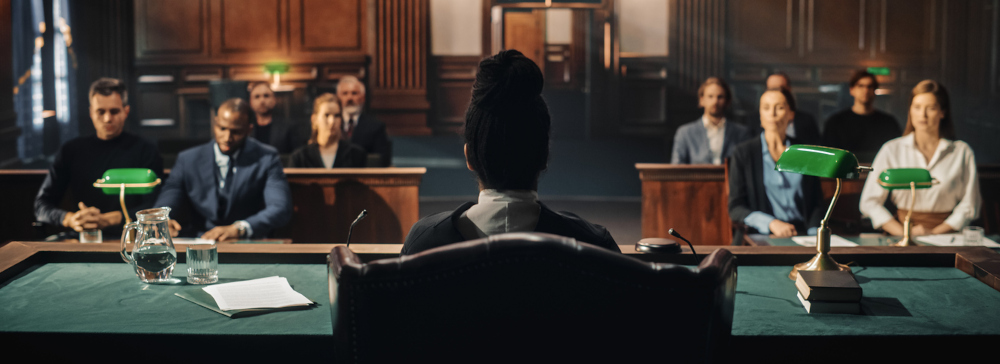
As of March 2025, there is no official Fortnite class action lawsuit for video game addiction in the U.S. However, individual lawsuits have been filed against Epic Games, and some of these cases sought to be consolidated into multidistrict litigation (MDL), which would have allowed them to be handled more efficiently in a single court.
On June 4, 2024, the U.S. Judicial Panel on Multidistrict Litigation (JPML) denied a request to centralize five video game addiction lawsuits into MDL proceedings in the Western District of Missouri. The panel determined that the cases were “too different in nature” to justify consolidation under MDL No. 3109 – In Re: Video Game Addiction Products Liability Litigation.
Meanwhile, in Canada, a judge approved a class action lawsuit brought by three parents who claim their children were exploited by the in-game currency system and became addicted. In February 2023, the Quebec Court of Appeal ruled against Epic Games’ attempt to dismiss, allowing claims to move forward.
The judge wrote in his opinion: “The court finds that there is no evidence for these allegations of the deliberate creation of an addictive game. [However,] this does not exclude the possibility that the game is in fact addictive and that its designer and distributor are presumed to know it.”
Who Qualifies for a Fortnite Addiction Lawsuit?

Individuals who have suffered harm due to Fortnite addiction may be eligible to file a lawsuit. Minors cannot file on their own but may have a parent or guardian file on their behalf.
Parents may also file claims for damages they have experienced, such as financial losses or emotional distress caused by their child’s addiction. Depending on the circumstances, both the parent and child may have separate claims against Epic Games.
You may qualify for a lawsuit if:
- You or your child has suffered negative consequences from compulsive Fortnite gaming.
- Significant financial loss occurred due to in-game purchases.
- You or your child have sought medical or psychological treatment for gaming addiction.
How to Prove Fortnite Addiction Caused Harm

To hold Fortnite accountable, plaintiffs must establish a clear connection between the game’s addictive design and the harm suffered. It requires demonstrating:
- Medical Impact: A diagnosed mental health condition—such as anxiety, depression, ADHD, OCD, or rage disorder—that worsened due to excessive gaming.
- Behavioral Changes: Witness statements from teachers, employers, or family members noting increased aggression, social withdrawal, or academic/work performance decline.
- Financial Harm: Proof of excessive in-game purchases that led to financial strain on the player or their family. If addiction resulted in job loss, that can also support the claim.
- Loss of Quality of Life: Evidence that gaming interfered with responsibilities, relationships, or overall well-being, diminishing day-to-day functioning.
What Evidence Do You Need?
To substantiate a claim, plaintiffs must provide objective proof that Fortnite’s design directly contributed to compulsive gaming and its consequences. A skilled attorney can assist in gathering and organizing the following key evidence:
- Proof of Play: Occasional gaming does not establish harm. Plaintiffs must demonstrate prolonged and excessive gameplay—at least three hours per day over five weeks or more. Account activity logs, gaming platform records, and playtime tracking can serve as crucial evidence.
- Medical Diagnosis: Documentation from a licensed medical provider confirming the player developed or worsened conditions such as depression, anxiety, rage disorder, seizures/epilepsy, ADHD, or oppositional defiance disorder after starting Fortnite.
- Expert Testimony: Expert analysis is critical since video game addiction lawsuits are a novel legal frontier and rely on testimony from neuroscientists, psychologists, and addiction specialists to explain how Fortnite’s mechanics manipulate behavior—especially in children and teens.
Steps to Take to File a Lawsuit

The first step is to consult a video game addiction lawyer who can assess the merits of your case, determine potential claims, and guide you through the legal process. To support your claim, it is also crucial to gather strong evidence, including medical records, financial statements detailing in-game purchases, and documentation of excessive gameplay.
Since there is currently no established class action lawsuit, an attorney may recommend pursuing an individual lawsuit against Epic Games. Staying informed about legal developments is also essential, as new lawsuits or legal precedents could impact your case.
Victims of Fortnite addiction may be entitled to compensation, including:
- Refunds for in-game purchases made due to addictive behaviors
- Medical expenses for rehab, therapy, counseling, and other related care
- Lost wages or diminished earning capacity resulting from the addiction
- Academic costs to repeat classes, pay for tutoring, or attend summer school
- Financial recovery for an estimate of emotional distress caused by addiction
- Punitive damages to punish the defendant for intentional misconduct
Statute of Limitations: How Long Do You Have to File?

The statute of limitations is the legal time limit for a person to file a lawsuit. The right to pursue legal action may be lost if a claim is not filed within this period. The time frame varies depending on the type of case and jurisdiction.
For example:
- Personal Injury Claims: In most states, the statute of limitations ranges from 1 to 4 years from the date of injury.
- Product Liability Claims: Typically falls within 2 to 4 years, depending on state laws.
- Fraud or Consumer Protection Cases: Often have a statute of limitations of 3 to 6 years, depending on the nature of the case.
- Claims Involving Minors: Some states allow the statute of limitations to be extended until the minor reaches adulthood.
For a Fortnite addiction lawsuit or similar product liability or personal injury claims, the specific statute of limitations would depend on the jurisdiction and the legal claims being made. Consulting an attorney is the best way to determine the applicable time limit for filing a lawsuit.
Contact a Video Game Addiction Lawyer at D. Miller & Associates, PLLC
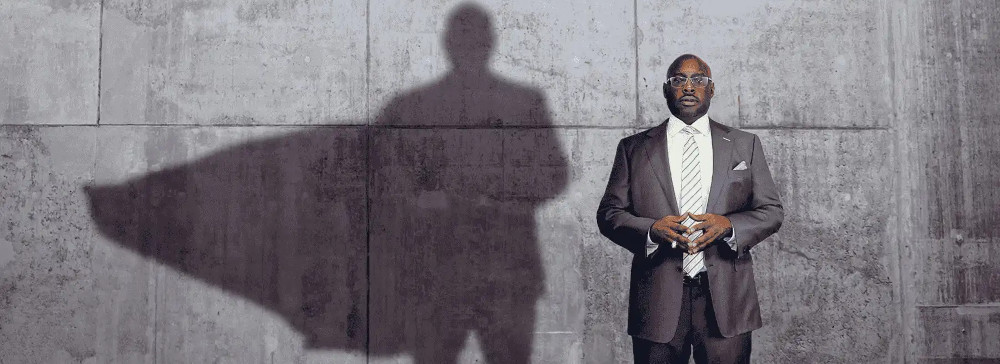
At D. Miller & Associates, PLLC, we are here to help you get the compensation you deserve—that’s our sole mission. If you or a loved one has suffered due to Fortnite addiction, our experienced personal injury attorneys can help. Contact us today for a free, no-obligation consultation. Since we work on a contingency fee basis, you will not pay attorney’s fees unless we win compensation for your injuries.
If you would like to learn about other video game lawsuits, please read about the Roblox addiction lawsuit.
